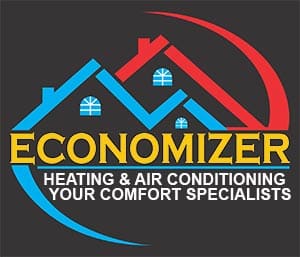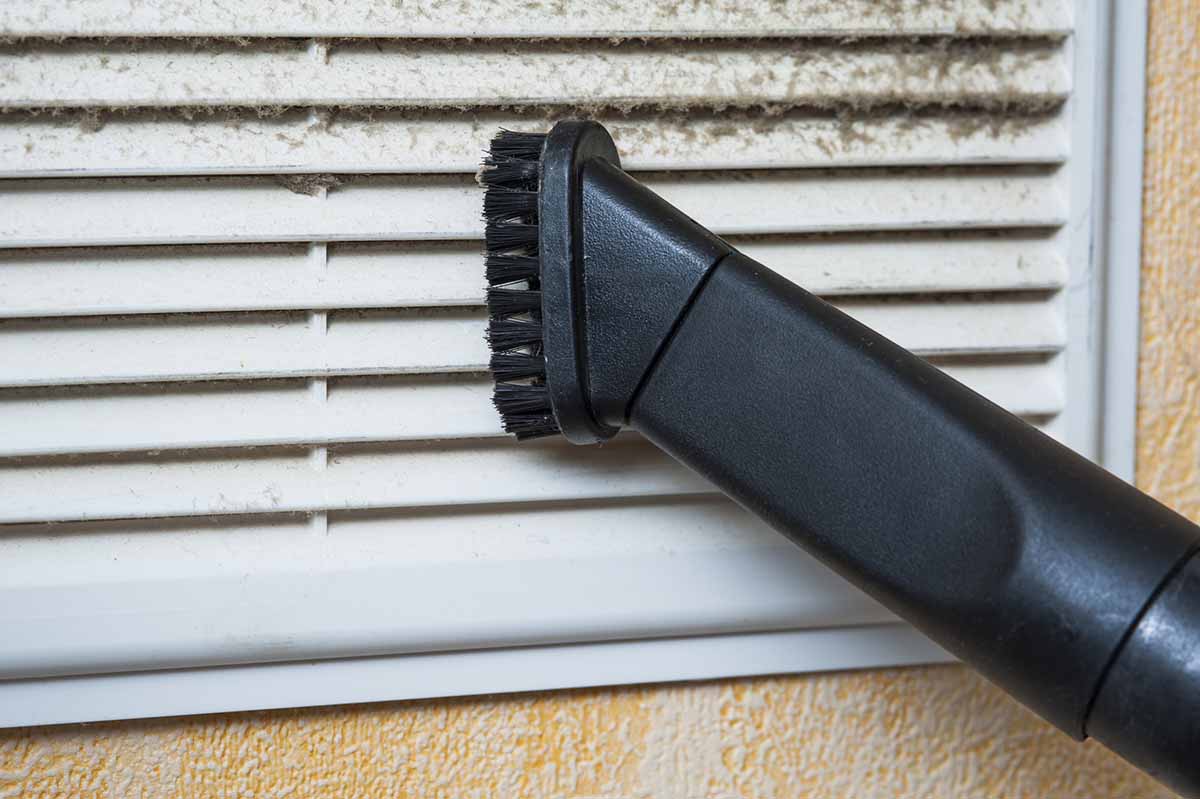Breathe Easy:
9 Benefits of Air Purification
Staying safe and healthy at home is always important, but maintaining good air quality is especially important during covid. Read these 9 air purifier benefits.

We often focus on the effects it can have outside the home. But did you know it can pose threats inside the house too?
Air quality. The home is often a refuge and a safe space. But concentrations of air pollution can be two to five times higher inside than outside. This means the air is often dirtier than outside!
So what can you do to make sure your home is safe? You may have seen people buy bottles of fresh air, but there is a more sustainable option. Get an air purification system.
There are many air purifier benefits, and now is the time to invest. After all, more than ever, people are staying indoors due to the Coronavirus pandemic. And maybe a loved one even has to quarantine at home.
Staying inside may have meant outdoor air pollution dropped. For example, in Northeastern American outdoor pollution dropped 30 percent.
But indoor pollutants remain. And the risk of exposure has actually increased due to the increased time spent indoors. We often think about our home’s heating and cooling systems, so why not our air systems?
Are you interested in learning more? Keep reading to find out the benefits of having an air purifier.
What Is an Air Purifier?
An air purifier is usually an indoor device that filters out indoor pollutants and purifies the air. It usually is freestanding.
Some people purchase them due to already having problems such as asthma. However, others do so because of air purifiers’ health benefits.
Some people use their whole house fans as an air purification system to remove stale air and odors. Washable anti-allergen filters can also be fitted into ductless AC systems.
However, an air purifier is also designed to filter particles and pollutants. It can take on average between 30 minutes and two hours, depending on the filter.
An air purification system can be anywhere in the home. But generally, it is recommended to be in bedrooms and living rooms. You can have one in every room if you would like!
How Does an Air Purifier Work?
An air purifier captures air particles and cleans the air. Particles include allergens, toxins, and pollutants. They are the opposite of humidifiers; they remove particles, not add more to the air.
The particles then go through different filters. The filters capture the various pollutants and sanitize them.
There are different types of air purifiers dependable on your needs. They all work slightly differently, but the basic concept is the same.
Most are quiet, so they do not disrupt your sleep or distract you. And many come in different sizes, so buy what is most effective for your room.
Some of the most popular air filters include:
- HEPA filters
- Activated Carbon filters
- UV filters
HEPA (High-Efficiency Particulate Air) filters meet requirements to remove particles through the air. Some of the more advanced ones are even used by industries such as the nuclear industry. Be aware of purifiers that say ‘HEPA like,’ as these are not official and will work differently.
Activated carbon filters absorb the pollutants in the air. The particles bind to the material. In contrast, UV filters sterilize particles to make them harmless.
Ozone filters are another option, but they can cause health problems. HEPA filters and activated carbon filters are considered safe.
Air Purifier Benefits
Many people ask if air purifiers work. And the answer is yes! Air purifiers such as HEPA purifiers provide many benefits.
They do not only ensure home comfort with systems such as air conditioning. Air purifiers also protect your health. We have included the short-term and long-term benefits of air purifiers below.
1. Allergy Management and Prevention
Runny nose, sore throat, itchy eyes, or tight chest? Common allergens such as pollen can sneak into the home, through windows, or on you if you have been outside.
When you breathe these particles in, your body produces IgE. These are antibodies that provoke an allergic reaction.
If you have pets, they can trigger allergic responses. Mold or dust mites in the home can also develop into an allergy if you breathe it multiple times. Dust mites thrive in humid environments and feed on dead skin cells.
Cleaning regularly and controlling humidity levels helps. But air purifiers with HEPA filters capture what is still in the air.
The air purifier benefits for allergies are two-fold: prevention and management. An air purifier reduces allergic reactions at home. However, the long-term benefits of air purifiers include preventing new allergies from developing.
2. Less Asthma Attacks
Air purifiers help control asthma. The reasons are similar reasons to how air purifiers manage allergies.
Asthma triggers include pets shedding hair, mold, pollen, and dust mites. The triggers irritate a person’s airways, and then they can have difficulty breathing.
HEPA air purifiers remove at least 99.97% of dust, pollen, and other airborne particles. This reduces the chances of asthma attacks as pollutants are removed before inhaled.
Air purification systems can bring relief to those who frequently experience asthma symptoms. It is also great to ease carers’ worries about children having an asthma attack at home.
3. Virus Control
We are all conscious of how easy it is to spread viruses nowadays, namely COVID-19.
When we cough or sneeze, we produce air particles that can travel over six feet in distance. This is tricky to control when we are inside our homes as we are all breathing in the same air.
Whether you have to quarantine at home or worry about at-home transmission, an air purifier can give you peace of mind. Air purifiers can help manage airborne diseases inside homes.
The good news is that an air purifier can capture most of these. Virus droplets range in sizes but can be as small as 0.1- 0.3 microns. An air purifier can capture air particles as little as 0.3 microns at 99.97%.
Despite this benefit, there is still a risk of transmission, so do not depend on an air purifier. You still need to take precautions to stay safe inside and outside your home.
4. Mental Health and Sleep
Air purifiers also indirectly help manage the impact of coronavirus. Air purifiers can reduce anxiety around spreading it at home.
In general, air purifiers can help with mental health. And this is not only because those with allergies and asthma will sleep better. But because researchers report that air pollution can harm mental health.
Air pollutants can cause inflammation of the nervous system. This increases the risk of developing mental health problems. Problems include depression, anxiety, stress, and bipolar disorder.
There has not been enough research to confirm the risk of cognitive issues in childhood. However, it continues to be researched. It is important to be aware of when considering how to make your home as healthy as possible.
5. Removes Outside Pollutants
Fumes and pollutants find their way inside your home without anyone realizing it. Even if you are not allergic to anything, other types of harmful fumes can enter.
Pollutants include nitrogen dioxide and carbon monoxide. Researchers have found these increase the risk of diseases such as Alzheimer’s Disease.
So if you live in an area with lots of traffic or smog, the solution is to close windows and doors. Sorted right? Unfortunately not.
You can close doors and windows, but these pollutants can sneak in. An air purifier can filter this air and fill your home with fresh air.
6. Harmful Household Hazards
It is not only harmful pollutants from the outside that you have to worry about. There are many inside pollutants. There is no need to feel alarmed, but it is important to know the many pollutants your house may hold.
The first is household cleaners. While they make your home look sparkling, many contain toxic chemicals. These include chlorine or ammonia.
Regular exposure to such chemicals can lead to severe health issues. Such as cancers and neurological disorders.
The second potential household hazard is asbestos. This was often used up until the 1960s, primarily by builders for homes.
Abestos is hard to detect because it has no odor or taste. However, it is now banned because of its health risks. Over time people exposed to asbestos particles can develop severe health issues.
Issues include lung disease, lung cancer, and asbestosis. Asbestosis symptoms include difficulty swallowing, facial swelling, and wheezing.
The third issue is naturally formed radon gas. It is around us in the air we breathe and the soil under our homes. It is hard to detect as it is odorless and colorless.
However, once it breaks down and is inhaled, it can damage the cell replication process. Damage to this process can lead to cancer. Radon causes around 21,000 lung cancer deaths every year in the US.
Air purifiers reduce the risk of these household hazards. They capture particles and replace harmful air with fresh air.
7. Smoke Reduction
If a household member or guest smokes, an air purifier helps reduce smoke effects on others. Older adults and children are especially at risk from second-hand tobacco smoke.
As mentioned, one of the air purifier benefits is that it captures particles. The median size of smoke particles is 0.3 microns but can range from 0.001 to 1 micron.
It is still recommended not to smoke inside the home. There is a risk of stains to walls and ceilings that an air purifier cannot prevent. Plus there is the risk some nicotine will remain in the air.
8. Odor Remover
Have you ever cooked a delicious meal but have been left with a lingering smell? Sometimes it is not efficient to just open the window. Other smells you might want to get rid of include mold, pet dander, and tobacco smoke.
To make sure your home smells fresher faster, try an air purification system. It is the best option to reduce and eliminate odors. It keeps the air fresh to prevent smells from overstaying their welcome.
The air purifier’s fan cycles the air in the room, and the filters absorb the chemicals which cause unwanted odors.
9. Life Expectancy
You may be conscious of the food you consume, but what about the air? It does not matter how often you exercise or lead a healthy lifestyle. The air you consume impacts your life expectancy.
Smaller air particles and pollutants like carbon monoxide cause a lot of damage. A study found that globally air pollution can reduce life expectancy by over a year!
Pollutants can be naturally triggered by a wildfire, volcanic smoke, dust, or dirt. Or they can be human-made, such as by transportation or cooking. Either way, they are dangerous and impact your health.
Why is this? Well, the pollutants cause diseases that can result in early death, such as cancers. While it is rarer, air pollution can be the direct cause of death also.
Therefore an air purifier is one of the main ways to reduce your exposure to indoor pollutants. Take steps to reduce exposure to indoor and outdoor pollution. Plus, lead a healthy lifestyle to protect your health.
Clean Purified Air
Once you have your air purification system in place, be sure to maintain it to get all the air purifier benefits. Not only will you notice immediate benefits, but you will notice long-term benefits for you, your household, and your home.
Support the air purifier with other steps, such as owning household plants and using dehumidifiers. Cleaning once a week also helps build-up.
Do not hesitate to contact us today to learn about what air purification systems we can offer you.

